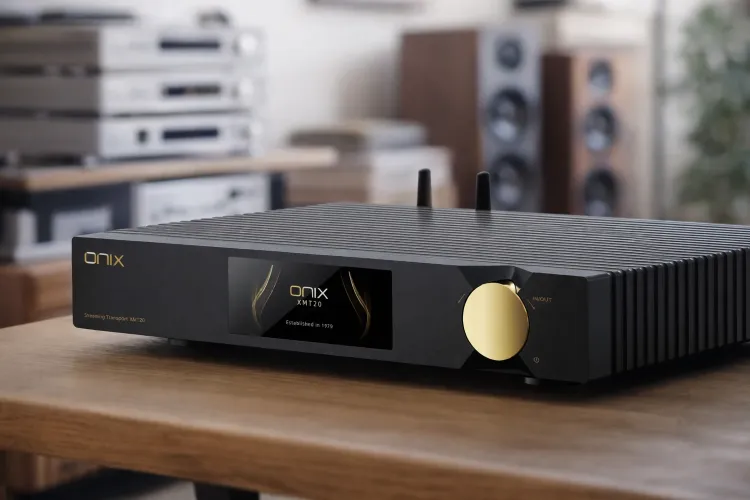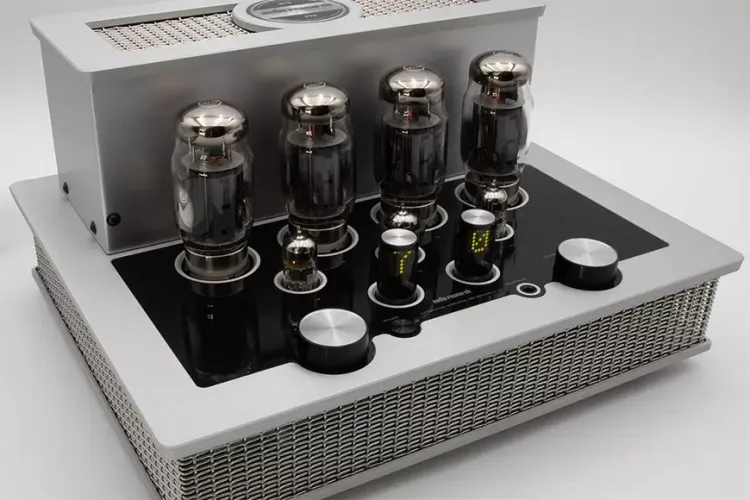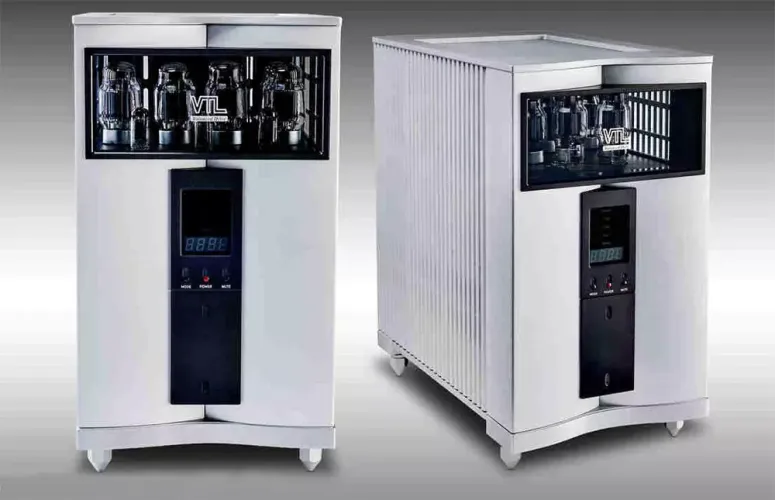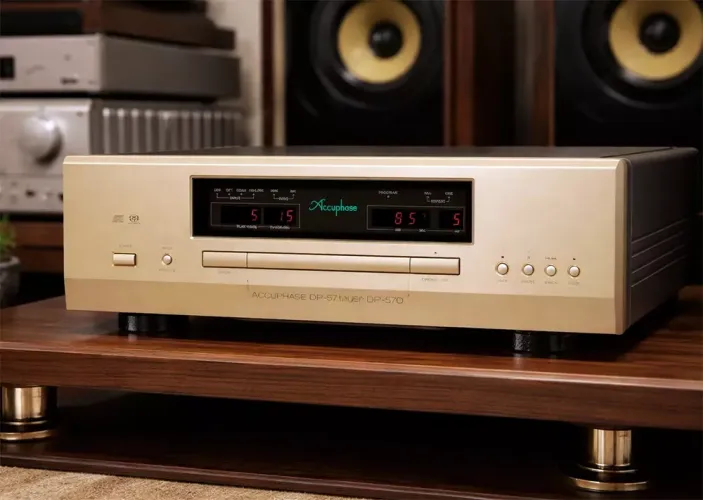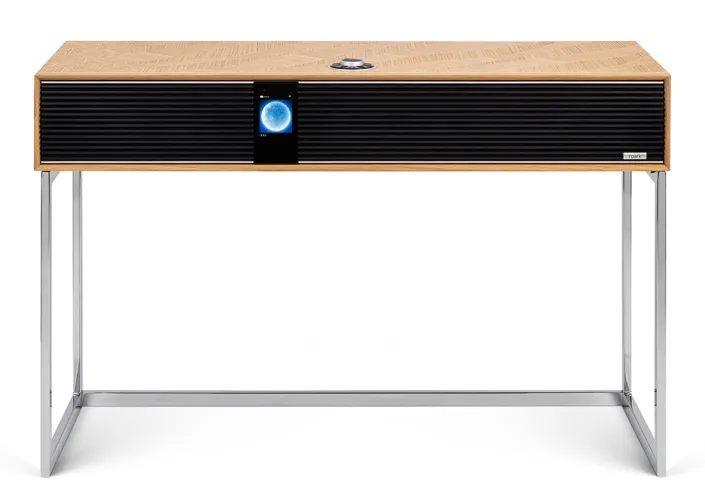
Goldmund Rhea and Theia are Now Available in Passive Versions
25.04.2025 07:31 | ~1 minute read
Last year, Goldmund launched the impressive Goldmund Rhea and Theia acoustics in active versions with a wireless streamer. The all-in-one solution certainly looked brilliant, but High-End fans often prefer component systems. So now the company has introduced the Goldmund Rhea and Theia loudspeakers in a Passive version.
The considerable weight of the Goldmund Theia Passive and Rhea Passive speakers (123 and 197 kg respectively) in combination with Goldmund's patented mechanical grounding system diverts cabinet vibrations to the ground through a precisely defined point. The company claims that this approach ensures a clean, uncolored sound.
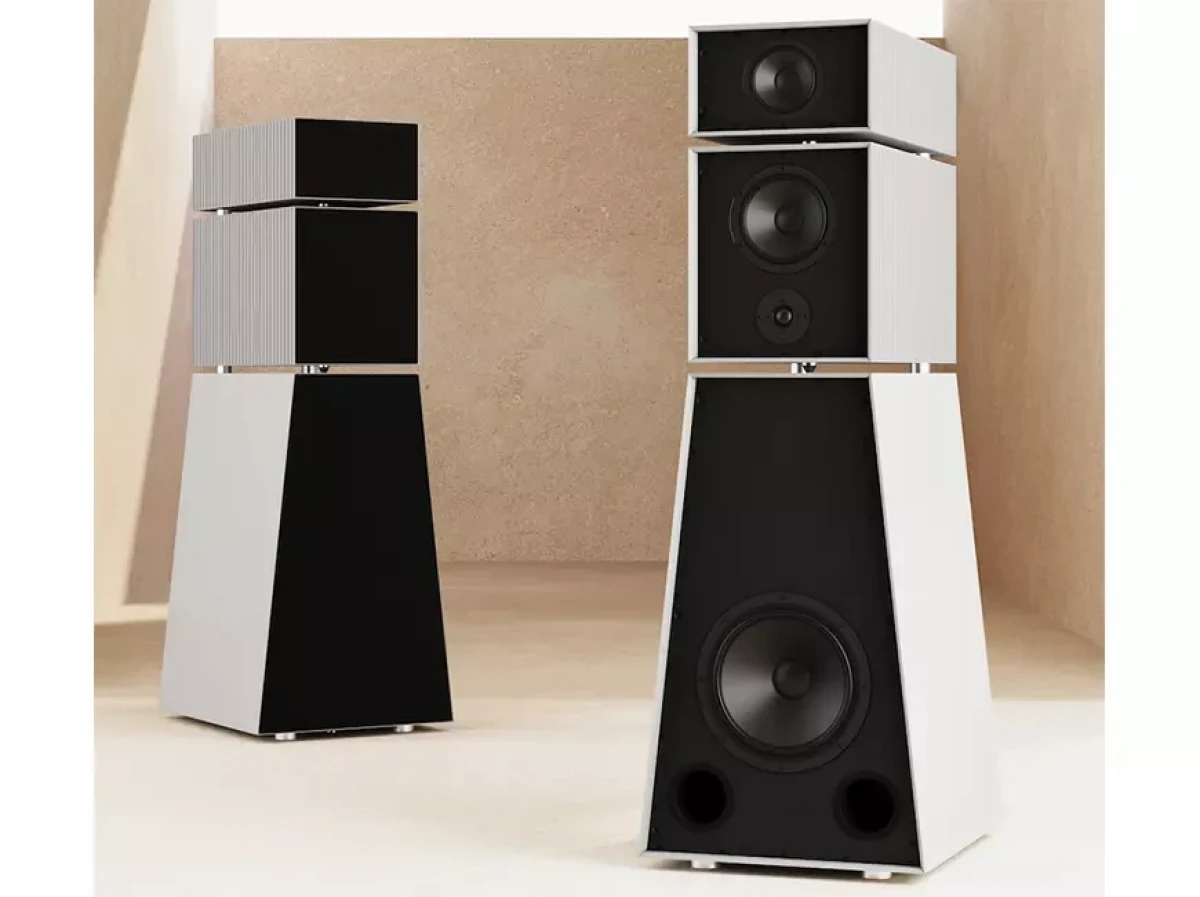
The advanced crossover design ensures seamless integration of the driver areas of responsibility, creating a wide, immersive soundstage with precise balance and dispersion. Each driver has its own crossover board, made with high-quality components such as MKP capacitors and non-inductive film resistors, and equipped with special heatsinks to maintain performance in difficult conditions, even if the temperature rises slightly.
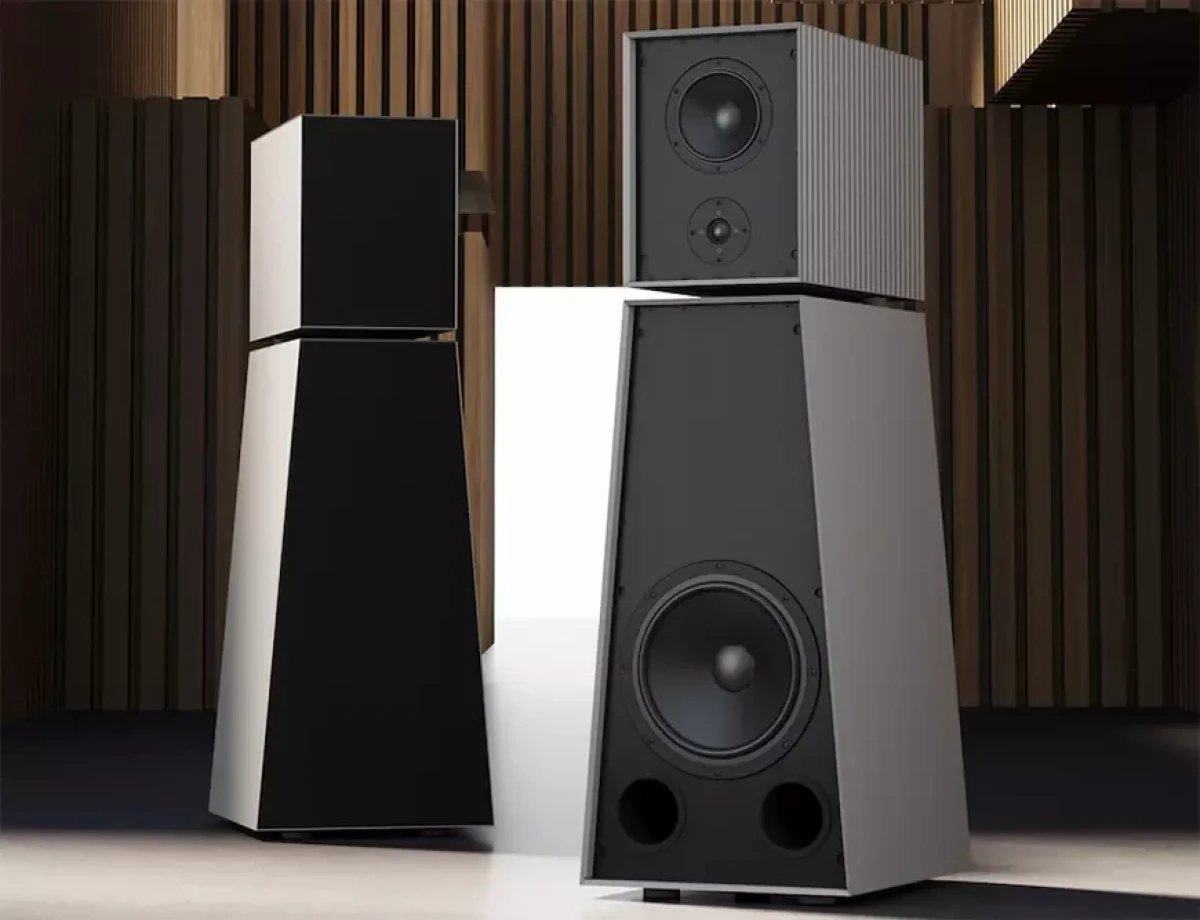
The Goldmund Rhea Passive is a passive three-way speaker system equipped with a soft dome tweeter, one 7” midrange driver and a 12” woofer. The larger Goldmund Theia Passive uses a four-way design with a soft dome tweeter, two midrange drivers (one 4” and one 6”) and a 12” woofer.
The declared working frequency range of the Goldmund Rhea Passive model is from 27 Hz to 25 kHz. The lower limit of the range of the older Theia Passive model is 20 Hz, which is ideal for human hearing.
Specifications
This product is in the Hi-Fi and High End Electronics and Acoustics database
Floorstanding loudspeakers — Goldmund Rhea Passive
Model name
Rhea Passive
Frequency Response low +/- 3dB (Hz)
27
Frequency Response high +/- 3dB (Hz)
25 000
Sensitivity (dB at 1 W/1m)
N/A
Impedance (Ohms)
6
Power amplifier requirements (W)
N/A
Has internal amplification
N/A
Internal amplification power (W)
N/A
Size (sm)
45 × 135 × 54
Weight (kg)
123
Official link
Specifications
This product is in the Hi-Fi and High End Electronics and Acoustics database
Floorstanding loudspeakers — Goldmund Theia Passive
Model name
Theia Passive
Frequency Response low +/- 3dB (Hz)
20
Frequency Response high +/- 3dB (Hz)
25 000
Sensitivity (dB at 1 W/1m)
N/A
Impedance (Ohms)
6
Power amplifier requirements (W)
N/A
Has internal amplification
N/A
Internal amplification power (W)
N/A
Size (sm)
55 × 158 × 67.5
Weight (kg)
197
Official link


